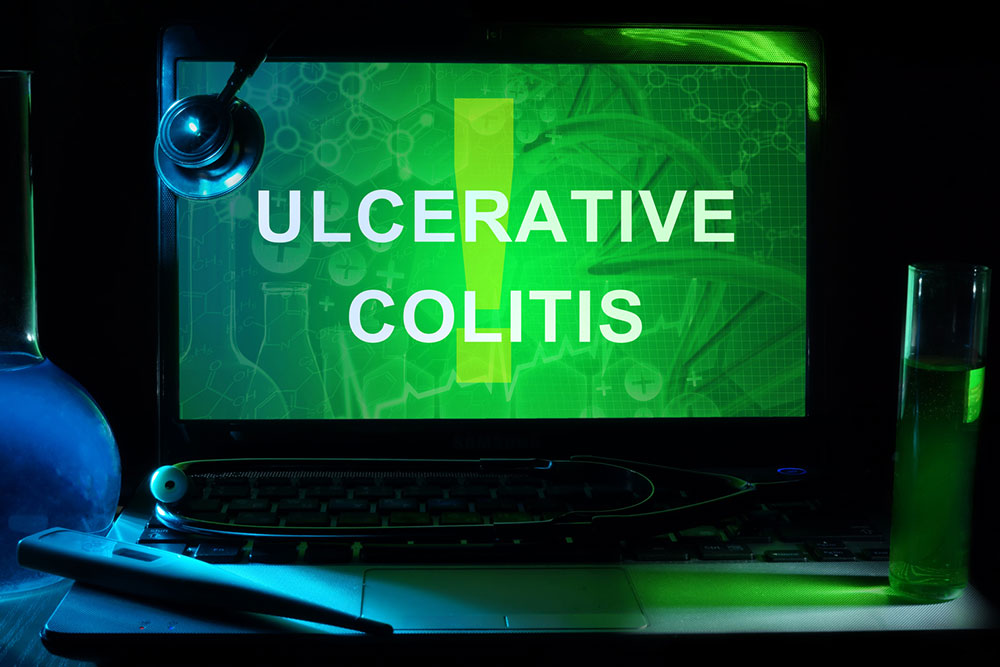
What you should know about ulcerative colitis
Ulcerative colitis is an inflammatory bowel disease that causes swelling, ulceration, and loss of function of the large intestine and rectum. It causes long-lasting inflammation and ulcers in the digestive tract. It also affects the innermost part of the large intestine, which is the colon and the rectum. Its symptoms don’t develop suddenly but develop over time. This disease can be unbearable and can sometimes lead to serious complications. There is no known cure for the disease, but treatment can reduce signs and symptoms of the disease with long-term remission.
Causes
The exact cause of ulcerative colitis is not known yet. It has been considered as an autoimmune disease wherein the healthy intestinal cells and tissues are attacked by the intestinal immune system, which is a genetically inherited disease. The people who have a first-degree relative with ulcerative colitis are more likely to develop the disease. The lifestyle factors such as stress may also play a role along with the environmental factors, which may worsen the symptoms, though it does not cause ulcerative colitis.
Symptoms
Diarrhea and lower abdominal pain are common symptoms. The sensation of urgent need to pass bowels is also a sign for ulcerative colitis. The following other symptoms that may be experienced in individuals with ulcerative colitis include:
- Fatigue
- Weakness
- Feeling ill
- Weight loss
- Loss of appetite
- Bloating of the abdomen
Symptoms vary in frequency and severity. Many patients will experience mild symptoms. In some other cases, the symptoms will be more severe.
The severity of the symptoms depends on how much of the colon is affected. Ulcerative colitis is characterized by episodes where symptoms are problematic, which is known as flare-ups, and episodes where symptoms are absent, which is called as remissions.
Complications of ulcerative colitis include:
- Ulcers in the mouth
- Hole in colon
- Inflammation of the iris (eye), skin, and joints
- Osteoporosis
- Risk of colon cancer
- Severe bleeding
- Clots
- Anemia
There is also an increased risk of colorectal cancer in patients who have had extensive ulcerative colitis for a number of years.
Treatment
One needs to get treatment in order to reduce symptoms and prevent complications. The treatment helps in reducing inflammation and maintaining periods of remission. The type of treatment depends on the severity of the condition that includes the person’s age, general health, and lifestyle. In very severe cases, diet changes and stress reduction may be required.
Alternative therapies
The therapies like massage, yoga, acupuncture, and naturopathy can help in managing the condition.
Medications
The treatment for ulcerative colitis involves the use of anti-inflammatory medications containing 5-aminosalicylic acid. The medicines include sulfasalazine, mesalazine, and olsalazine. This helps in reducing inflammation in the colon and rectum, which leads to a reduction in symptoms. The chronic flare-ups of ulcerative colitis require hospitalization. Budesonide and prednisone are considered as consolidated medicines that can be given by mouth, or through a drip into the rectum. Corticosteroids are not usually given for long term due to its side effects. The diagnosis of the ulcerative colitis requires endoscopic examination and biopsy tests.
As it is a long-term condition, to address the worsening of symptoms and maintain periods of remission, it requires constant treatment.




